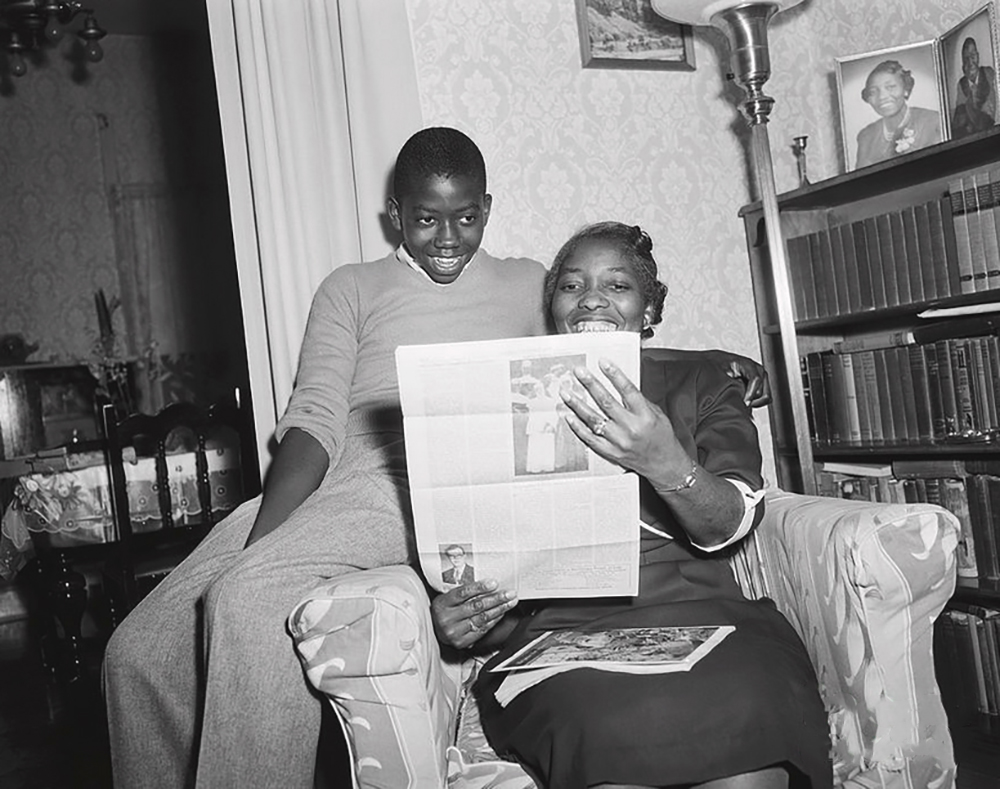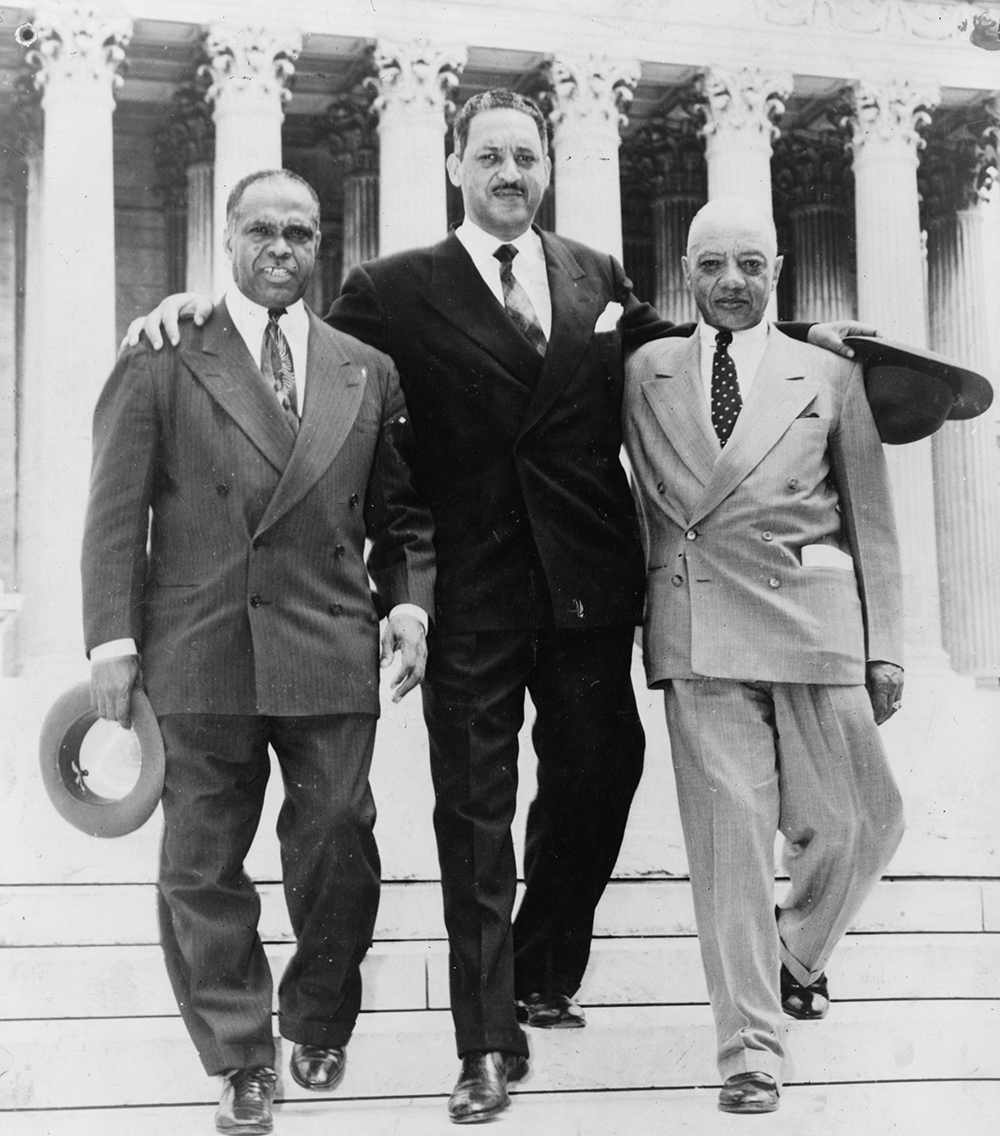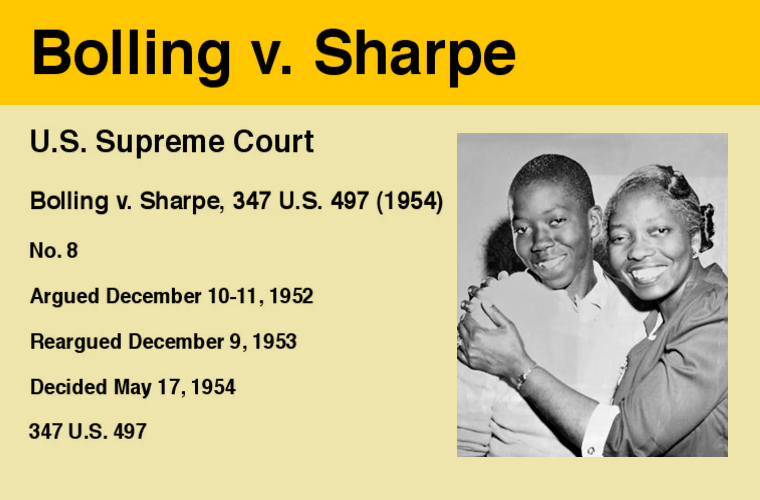Bolling v. Sharpe, also known as Bolling v. Board of Education, was a landmark case decided by the United States Supreme Court in 1954. It was decided on the same day as Brown v. Board of Education, which is often more well-known. The case originated in Washington, D.C., where a group of African American students challenged the segregation of schools in the District of Columbia. The students argued that the “separate but equal” doctrine established by the Supreme Court in Plessy v. Ferguson (1896) violated their rights under the Due Process Clause of the Fifth Amendment.

In a unanimous decision, the Supreme Court held that the segregation of public schools in Washington, D.C., based solely on race, was a violation of the Due Process Clause. The Court concluded that the Fifth Amendment’s Due Process Clause contains an equal protection component that prohibits the government from engaging in racial discrimination. The Court found that the segregation of public schools had a detrimental effect on African American students and that it violated their rights to equal protection.
Bolling v. Sharpe established that the prohibition of racial segregation in public schools applies to the federal government, as opposed to Brown v. Board of Education, which dealt with state-sponsored segregation. The decision in Bolling extended the principles of Brown to the federal level and played a significant role in the broader movement to desegregate schools throughout the United States.

It is important to note that Bolling v. Sharpe and Brown v. Board of Education are often discussed together because they were decided on the same day and dealt with similar issues. However, they were separate cases, and while Brown focused on state-sponsored segregation, Bolling addressed federal segregation in Washington, D.C.

